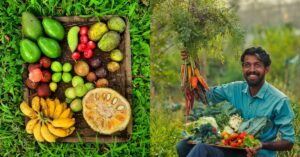Kerala Teacher Uses World’s Worst Aquatic Weed to Make Low-Cost Sanitary Napkins!
Water hyacinth is known to be a major invasive plant that multiplies rapidly, forming a dense layer on the surface of ponds, lakes, and even rivers. The Agriculture Minister of Kerala had proposed a project seeking help from people in finding innovative means of tackling this issue.

Creativity lies in solving problems by thinking out of the box. Three students from AKMHSS Kottor in Kerala, along with their mentor, will prove just that.
This teacher-students team has managed to create a sanitary napkin using what is considered to be the world’s worst aquatic weed—water hyacinth.
The brainchild of E Aswathy, P V Henna Sumi, and S Sreejesh Warrier, all students of class 11, along with their biology teacher/mentor K S Sarath, the sanitary pads have been winning accolades at various science fairs across the country.
Water hyacinth is known to be a major invasive plant that multiplies rapidly, forming a dense layer on the surface of ponds, lakes, and even rivers. The Agriculture Minister of Kerala had proposed a project seeking help from people in finding innovative means of tackling this issue.
Issues arising from water hyacinth infestation:
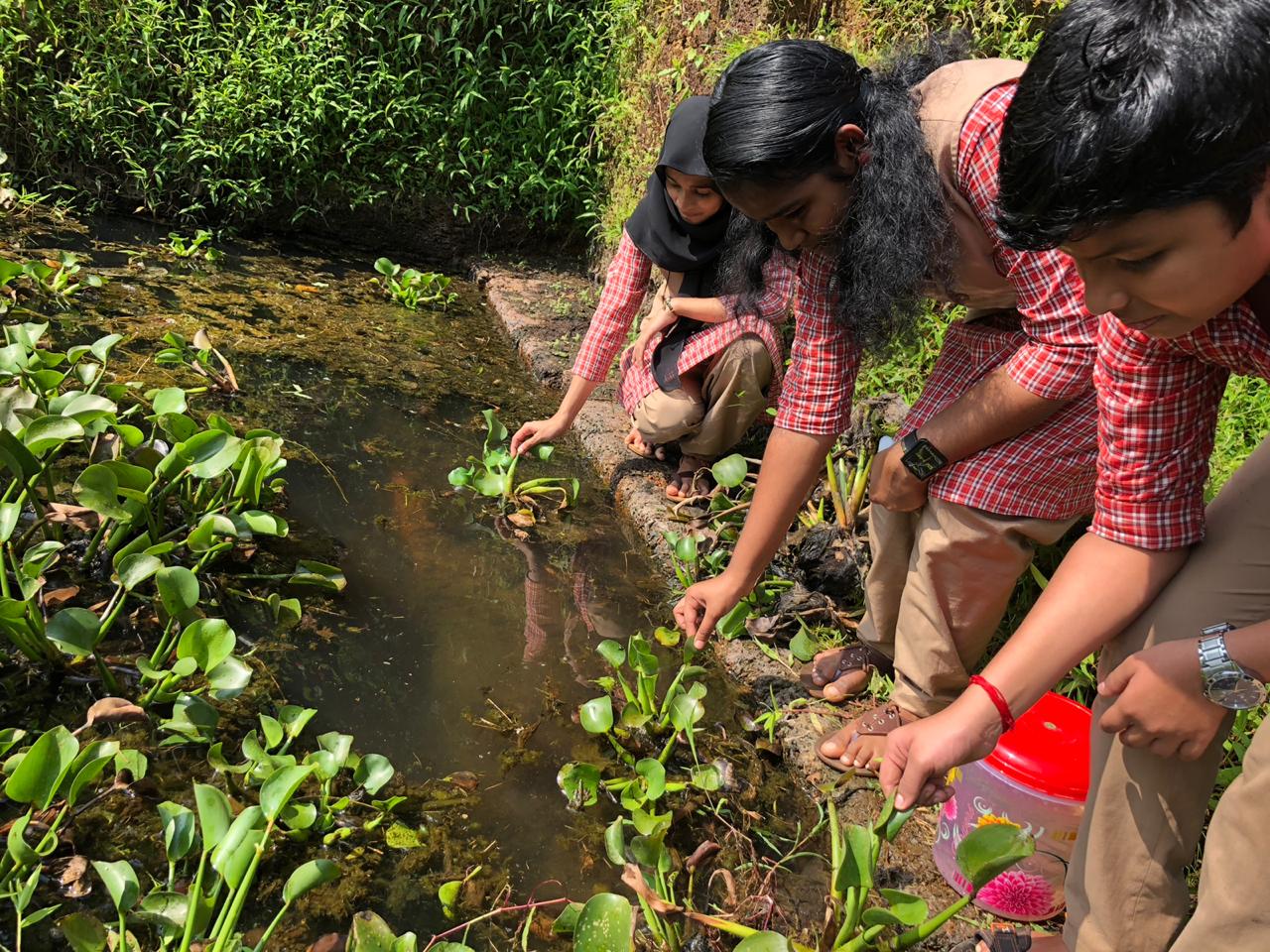
- Interferes with marine transportation;
- Makes canals and freshwater rivers impassable as they clog up with weed;
- Hampers fishing and dramatically reduces the catch and the source of food and income for local populations;
- Disrupts irrigation and water supply systems;
- Displaces indigenous flora and fauna by modifying the habitat.
The Better India caught up with Sarath to learn more about they’re using this plant to make feminine hygiene products.
“Given how much of a problem the infestation of water hyacinth creates, we thought of using it to make a product and help control its rapid growth. We initially looked at products like bags and handicrafts, but since these are available in the market, we started thinking on different lines. Then we struck on the idea to make sanitary napkins,” he says.
Named Suraksha Pad, the product took almost eight months to make and test.
“The testing was conducted primarily within our own school labs and those of colleges as well. We are now working towards getting the proper certification.”
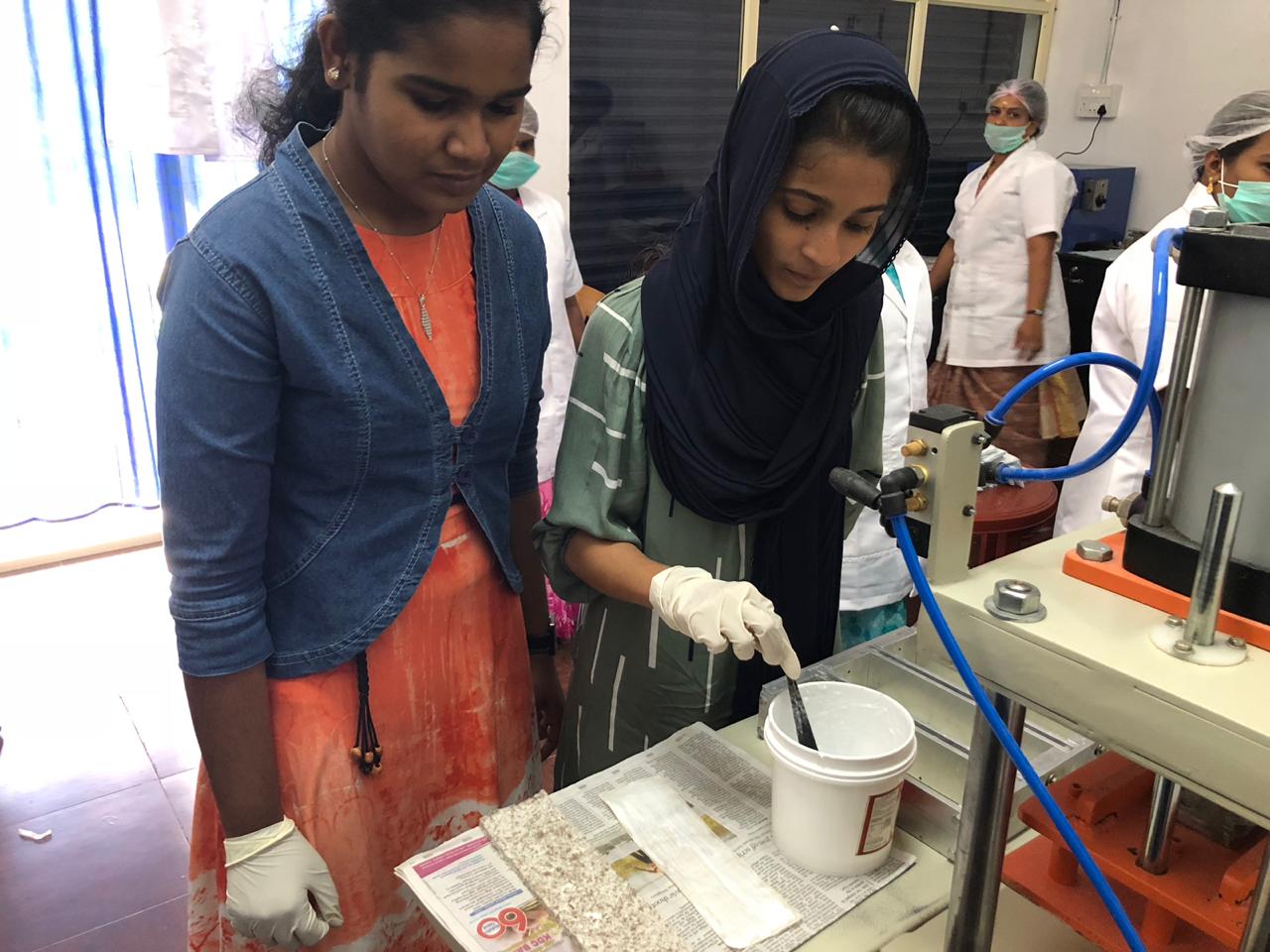
“Even the manufacturing was done outside,” he says, adding, “we had no machines to make the napkins and had to rely on other units.”
They now plan to buy the machinery and set up their own unit. Support from the government will help in this regard
Being chosen as part of Kudumbashree, a startup village entrepreneurship programme initiated by the Kerala Government, has been an icing on the cake for the team. Sarath says, “This is a three-year project and will begin from June 2019. We have already tied up with women groups in and around the area who will work with us and also earn a livelihood from it.”
Although it will take a while to release the product commercially, a single sanitary napkin is currently priced at Rs 3. What’s more, Sarath claims that they can absorb 12 times more than the regular ones!
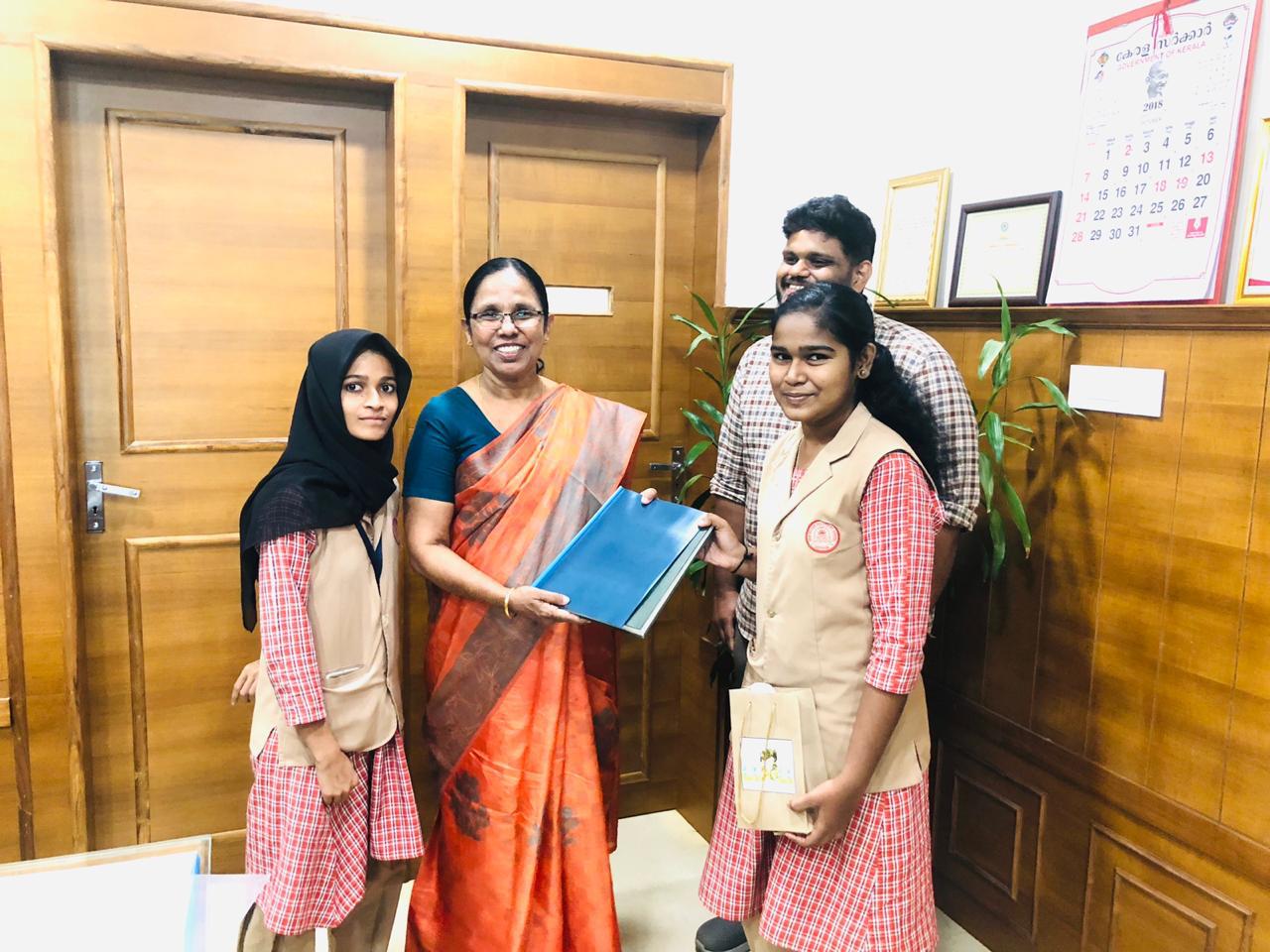
If the volumes are large, the team believes that this amount could be reduced.
The innovative solution kills two problems with one stone—reducing water hyacinth infestation, and promoting good female hygiene.
The manufacturing process emphasises sterilisation to ensure that the product is safe to use. The hyacinth stalks are cut, and steam sterilised for about 30 minutes. The stalks are then ground to a powder and dried for 4-5 days. Then, the powder is mixed with cotton to develop the absorbent layer, and bees wax is used to seal the barrier layer.
In the final stage, the Suraksha pad goes through UV sterilisation for about three minutes, after which it is ready to use.
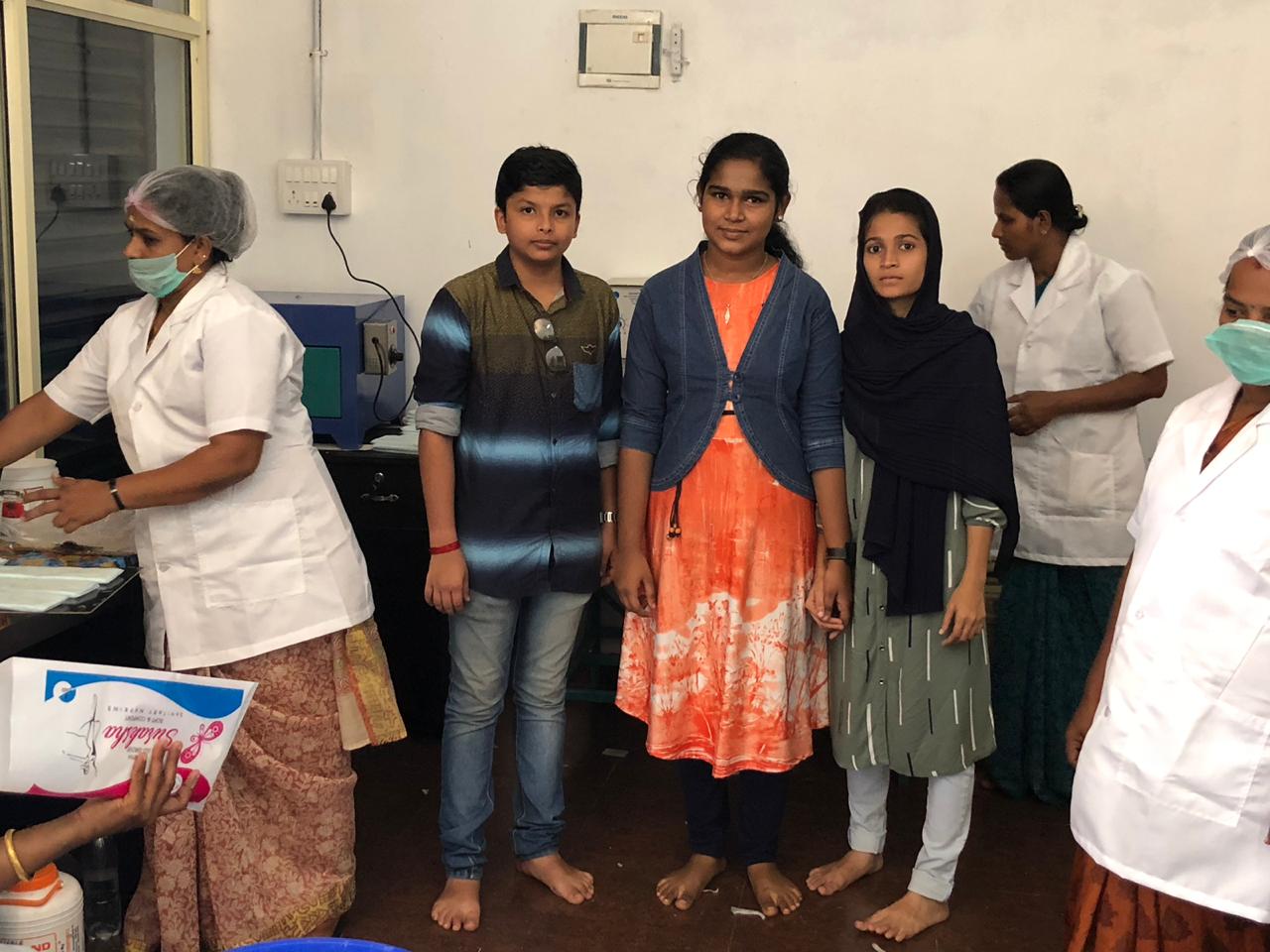
Following these processes, the team has applied for a patent. The women’s groups are expected to take over the production processes in due course.
You May Also Like: IIT Gandhinagar Students Build Low-Cost Portable CPR That Can Save Thousands of Lives!
This story is indicative of how imagination and ingenuity can be used to convert challenges into opportunities.
(Edited by Shruti Singhal)
Like this story? Or have something to share?
Write to us: [email protected]
Connect with us on Facebook and Twitter.
This story made me
- 97
- 121
- 89
- 167
Tell Us More
We bring stories straight from the heart of India, to inspire millions and create a wave of impact. Our positive movement is growing bigger everyday, and we would love for you to join it.
Please contribute whatever you can, every little penny helps our team in bringing you more stories that support dreams and spread hope.






